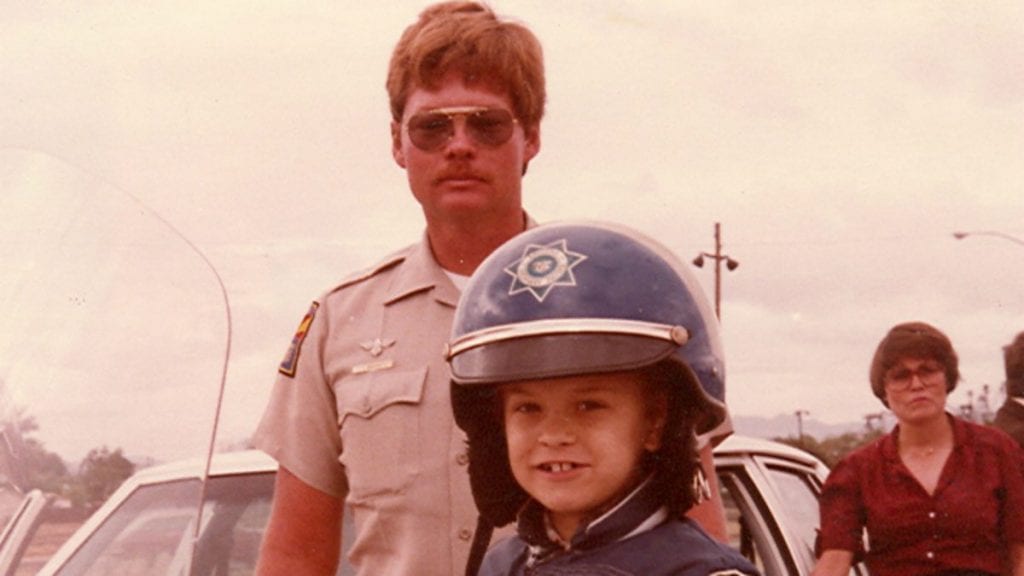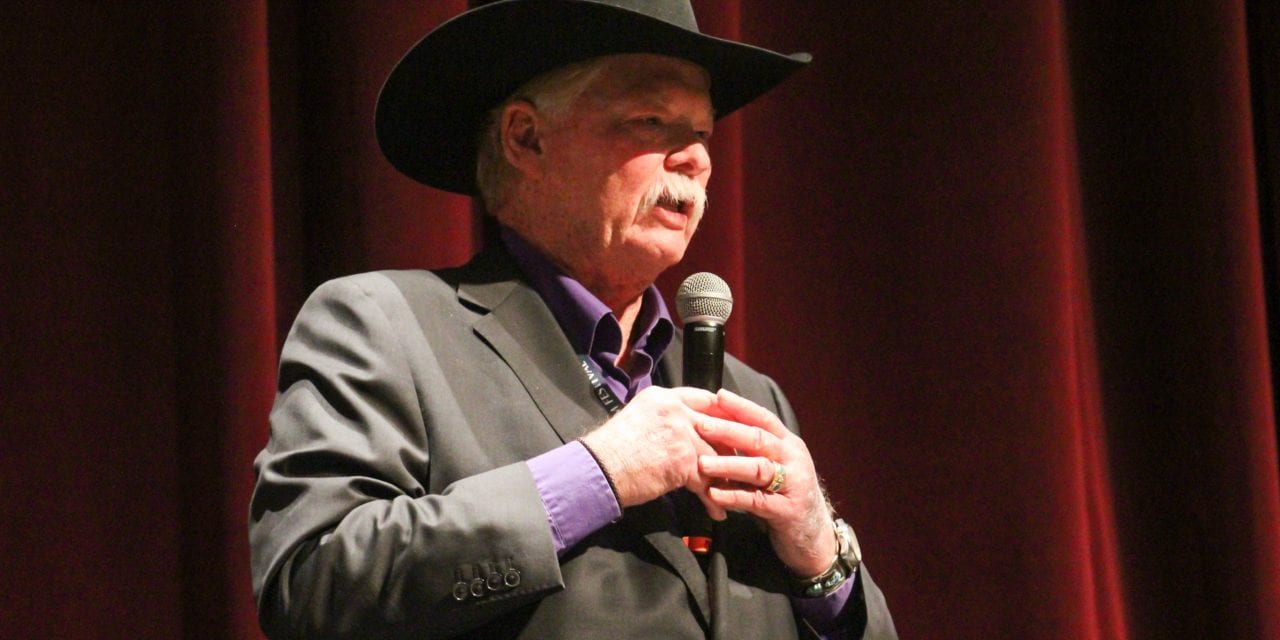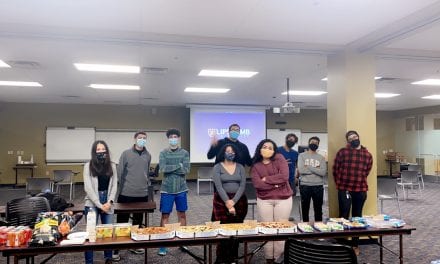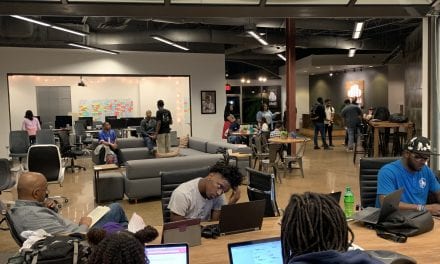For people looking to give back to their community, the world of nonprofits can be covered in a haze, making it difficult to know where to lend one’s support. There are so many initiatives that may seem worthy, particularly in the era of crowdfunding campaigns and accessibility via social media.
Frank Shankwitz knows a thing or two about nonprofits. After all, he co-founded the Make-A-Wish Foundation, the international organization that gives terminally ill children a chance to do something wonderful in their remaining time on this earth. Since 1980—and starting with the unofficial first child helped by the organization, Christopher James Greicius—Make-A-Wish has helped hundreds of thousands of families in nearly 50 countries create a special moment for a loved one.
There’s a lot to be learned from Frank’s example, including how to decide which cause one should help. According to his book, Wish Man (TitleTown Publishing, 2018), Frank views life as a journey in which individuals are trying to reach certain destinations.

That may well be true. However, as Frank will attest, sometimes those journeys can take winding paths. Frank could have started a number of other nonprofits instead of Make-A-Wish. Before founding the organization, his life was impacted by issues such as homeless and the senseless destruction caused by drunk driving.
Frank tells Launch Engine, “Well, at that time… because of meeting the little boy that inspired me to start the foundation… that was my focus. For 30 some years, [I was] what Make-A-Wish would call a ‘wish ambassador.’ They would send my wife and I all over the country, even as far away as Guam and Tinian on keynote speeches, meet-and-greets to meet the people who give donations to support the foundation.”
Frank is very proud of the multitude of lives that Make-A-Wish has touched, and he promotes the foundation whenever he can, as it continues to give his life meaning and direction. However, because he wants to be active in helping to foment change in other social areas, Frank has stepped away from the organization. He now sits on the boards of nine nonprofits all around the nation in order to lend his experience to organizations fighting issues related to homeless, veterans, foster children, heart disease, and other important matters.

This wider approach to social service has expanded his perspective. “It’s given me the opportunity to branch out to all of these other issues,” he says. “Not just the children.”
Frank feels that he’s fortunate to be able to be involved in such an array of meaningful activities and have a hand in bringing about so much good. Yet, his personal joy in serving others aside, he feels strongly that anyone and everyone can be a hero, intervening to “save” someone else. “When somebody needs help—if you can—help them. And it doesn’t have to be monetary [assistance] all the time. There are so many nonprofits in the United States right now. In fact, there are over 1.2 million nonprofits. If you want to get involved with helping a nonprofit, there’s so many to choose from.”
Frank tells Launch Engine that if someone is to invest their time with a cause, then that cause should be something that they feel good about when they’re doing it. For many of the organizations he’s involved with, Frank has a personal attachment to the mission statement. As an example, Frank donates his time to Level Up Home: Seattle, a nonprofit corporation that, according to their website, provides “housing and business partnering opportunities for youth ages 18-24, including from the foster care system. We provide the platform from which they can attain personal growth, independence, and success in education, work, and life.”

“When a foster child turns 18 years old, they’re removed from the system,” Frank says. “A lot of people don’t realize that. They’re given a suitcase, or a plastic trash bag in some cases, and put on the street! They have nowhere to go… During my years as a police officer in narcotics… I don’t know how many of those kids I arrested. ‘What are you doing?’, ‘Why are you selling dope?’ ‘Well, I’m a foster kid. I got nowhere to go. I’m trying to make some money.’ He shares that Level Up Home: Seattle is working to establish nationwide group homes for those young adults aging out of the foster care system. This will allow them to finish high school—which Frank says many of them don’t—and enter college or work programs between the ages of 18-23. After that, they will be considered “new adults.”
Frank describes the thrilling feeling he gets from helping out organizations like this. “You get to where [you think] ‘I want to be part of this, I want to help somebody.’ And it’s just that feel-good thing,” he explains. These feel-good activities include mentoring those people who are willing to learn, which according to Frank’s book, was something that shaped him as a young man. In his memoir, Frank states that when he was a child, poor people in his hometown went out of their way to help him, despite not having much themselves. He argues that just one person’s presence or assistance with the most basic tasks can net dramatic results.
It may seem that there’s a nonprofit or an organization for virtually every cause these days. While that may be a sign of a more-generous culture tilted in favor of helping others, it can also create foliage in which predatory actors can hide. Frank tells Launch Engine readers to be on the lookout for entities that want to fill their coffers at the expense of other people’s kindness.

“I also urge caution when you look at nonprofits,” Frank explains. “And I’ll mention CharityNavigator.org. That is the watchdog for nonprofits. You find a nonprofit you’re interested in, whatever it might be… You can look up the nonprofit and find out where the money is going.”
Frank says that, unfortunately, there is a small percentage of nonprofits whose donations fall from the organization’s ledger and into an individual’s personal finances, where “fancy trips, cars,” are paid for by ill-gotten gains. He states that this is something that “happens all the time,” regardless of which political party has control over the White House. Frank offers the example of Wounded Warrior Project, saying that while the organization has had a reputation amongst donors, it’s Board of Directors deviated from the official cause, and the organization’s public image “took a big hit” before having to reorganize.
“I do a lot of consulting for people that want to start nonprofits,” Frank says. “[If] the first thing that people say to me is, ‘How much salary can I take?’ I say, ‘You know what? We’re done.’”
Using the mission of curing cancer as an example, Frank notes that there are an army of groups already trying to do that in the United States. Even though all of those groups exist, there still isn’t a cure for cancer. Furthermore, these groups are spending money on costs that would be redundant, if they were to join forces. Frank’s critique of “Well, what if they put those all together into one place?” illustrates that money may be better used if it were collected by one entity, instead of piecemealed together by several entities, maintaining separate administrative costs.
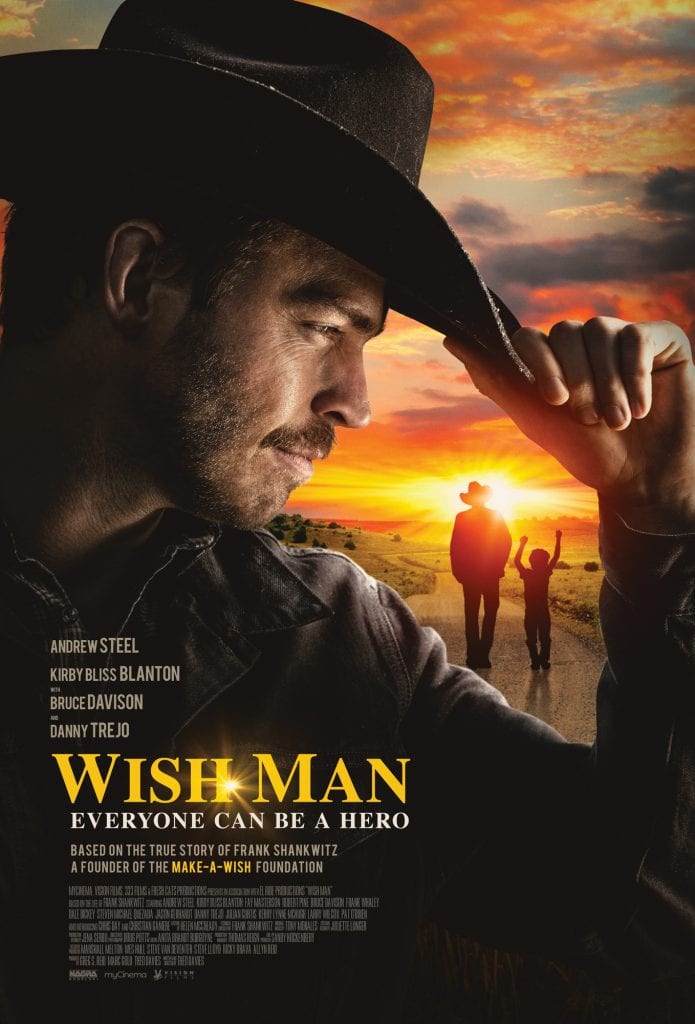
Whether one is looking to found a new nonprofit or join an already existing one, Frank states that the biggest draw for a charitable organization is the mission itself. He says, “Are you piggybacking something else? Is it something unique?”
According to Frank, it’s because of the vetting of charitable organizations that the community has become much more credible. The accountability has led to a greater call for integrity in those selected to participate in leadership roles. Consequently, organizations have become more transparent about their operations. Since people are looking closely at the causes they’re considering supporting, organizations have to maintain higher standards. Where there are multiple nonprofits trying to serve certain spaces, there’s also competition amongst these organizations to see who can serve a community better.
Frank also offers some fundraising wisdom for nonprofits. In terms of filling a war chest, Frank says that looking for “The Big Corporate Donor” is a mistake. “I still stress what I call ‘the Mom and Pop dollars—the ten dollar donation, the twenty dollar donation that the average person can usually afford,” he explains. “But you get that [donation multiplied by] thirty million people, guess what? It far exceeds that corporate donation.” He says that the individual contributions also mean that more people feel like a stakeholder with the organization and, in turn, will actively spread the word.

As for the current climate, Frank notes that all nonprofits are hurting financially because of COVID-19’s impact on the economy. He states, “If you can help a little bit, do what you can,” and asks people to consider making in-kind donations where possible. Giving something like office supplies can be just as effective as giving the money used to purchase office supplies.
Despite the current challenges, Frank doesn’t believe that even COVID can keep the human desire to give down, and he adds that churches and nonprofits are able to do their part in keeping people from the brink. He notes, “I’ve seen this over the years, more and more people wanting to help. The United States is probably one of the most giving countries in the world. And look what we do worldwide, more than in our own country.”
Having seen generosity surge over the years, Frank wants to channel that giving energy to develop a television program, tentatively titled “Wish Man: Angel Patrol.” Following both his book and film, Frank says that he was recently contacted by a major network to see if he could come up with a reality show program. The show will be like a mix between “Charlie’s Angels and “Extreme Makeover: Home Edition.”
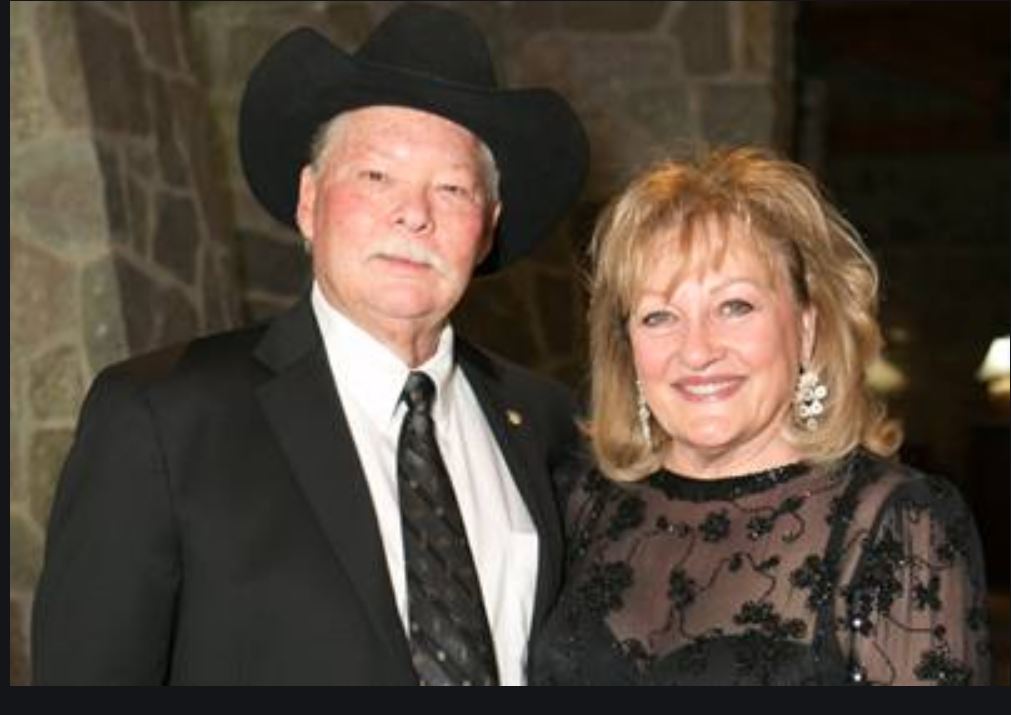
Frank explains, “In this case, it’s communities… that have been devastated by fires, tornadoes, floods, hurricanes, and individuals: veterans, homeless people, anybody that needs help.” Via tour bus, Frank and company will travel the nation, looking for worthy causes. The idea is that Frank would use his connections to both major corporations and celebrities to rebuild the lives and homes of people who need help. At the time of writing, the program is seeking potential sponsors.
For further information about Frank Shankwitz, including information about his film and book, be sure to visit his website and social media.
